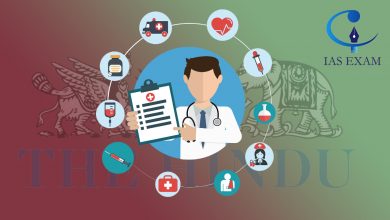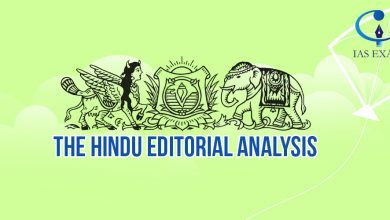Riding on Data Mobility
Data-based Governance can assist in reducing traffic congestion
The digital revolution has made interactions between humans and machines, and among citizens, governments and businesses, seamless and efficient. Today e-governance enables and empowers the citizens to directly engage with the state, thereby eliminating barriers in the delivery of public services. The next wave of transformation in digital governance is at the intersection of data and public good. The key to transformation lies in incorporating data as a strategic asset in all aspect of policy, planning and service delivery and operations of the government.
Transportation is one such critical area, where data based governance is expected to provide a solution to the ever-growing threat of congestion to urban economies. Congestion caused an estimated loss of $87 billion to the US economy and $24 billion to the four metro cities in India in 2018. Given the limited land resources available, the key to solving congestion lies in improving the efficiency of existing transportation systems.
Multiple Sources
- An efficient transportation system would help ease congestion, reduce travel time and cost, and provide greater convenience. For this, data from multiple sources such as CCTV cameras, automatic traffic counters, map services, and transportation service providers could be used.
- A study by Transport for London, estimates that its open data initiative on sharing of real-time transit data has helped add £130 million a year to London’s economy by improving productivity and efficiency.
- In China, an artificial intelligence-based traffic management platform developed by Alibaba has helped improve average speeds by 15%.
Hyderabad Open Transit Data
- The Hyderabad Open Transit Data, launched by Open Data Telangana, is the country’s first data portal publishing datasets on bus stops, bus routes, metro routes, metro stations, schedules, fares, and frequency of public transit services.
- The objective is to empower start-ups and developers to create useful mobility applications. The datasets were built after an intensive exercise carried out by the Open Data Team and Telangana State Road Transport Corporation to collect, verify and digitise the data.
- Hyderabad has also begun collaborating with the private sector to improve traffic infrastructure. One such partnership followed a Memorandum of Understanding signed between the Telangana government and Ola Mobility Institute. Under this collaboration, Ola has developed a tool, Ola City Sense, to provide data-based insights that can monitor the quality of Hyderabad’s roads and identify bad quality patches.
- The data is provided to city officials on a dashboard, and updated every 2-3 weeks to capture the nature of potholes/roads. The information thus given is useful not only for carrying out road repairs, it also helps officials take initiatives to improve road safety, monitor quality of construction, and study the role of bad roads in causing congestion.
Planning Road Repair Work
- A pilot was implemented in a municipal zone to gauge the efficacy of the data in supporting road monitoring and prioritization of repairs. The early results of this pilot project were encouraging. The dashboard helped city officials plan the pre-monsoon repair work and budget for repairs last year.
- The pilot also demonstrated the willingness of government departments to apply data-based insights for better decision making. This tool is now being adopted across all municipal zones under the Greater Hyderabad Municipal Corporation. This could also serve as a model for other cities to emulate.
The Hyderabad example shows that governments can make their departments data-centric by institutionalizing data collection, building technology platforms and helping the departments develop capacity to handle the insights generated from the data. Command and control centres under the ‘smart cities’ initiative can be an ideal starting point. Such interventions, however, also need to address genuine concerns around data security and privacy.
The Telangana government has declared that the year 2020 will be the Year of Artificial Intelligence. It aims to run hackathons and masterclasses with AI as the theme. Discussions are on to include AI for Traffic Management. At the core of AI-based algorithms is good data, and partnership with key stakeholders can only help build such algorithms. Insightful data will be the key to transform Hyderabad into a ‘world-class city’ in terms of mobility.
SOURCE: The Hindu





.png)



